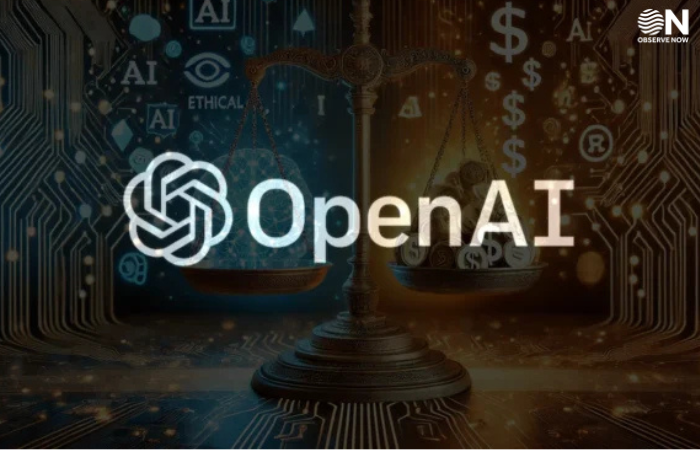OpenAI Retains Nonprofit Control Amidst Governance Restructuring

OpenAI has announced a significant shift in its organizational structure, deciding to maintain its nonprofit governance while transitioning its for-profit subsidiary into a Public Benefit Corporation. This decision comes after considerable public and legal scrutiny over the company’s initial plans to cede nonprofit control.
The move to retain nonprofit oversight was influenced by discussions with civic leaders and the Attorneys General of California and Delaware. These conversations highlighted concerns about the potential risks of fully transitioning to a for-profit model, especially regarding the company’s foundational mission to develop artificial general intelligence that benefits humanity.
OpenAI’s CEO, Sam Altman, emphasized the organization’s commitment to its original mission. In a letter to employees, he stated that the nonprofit would remain the controlling entity, ensuring that the company’s direction aligns with its core values. The for-profit arm’s transformation into a PBC is designed to balance the need for capital investment with the organization’s ethical commitments. The restructuring plan had faced criticism from various quarters, including co-founder Elon Musk, who filed a lawsuit alleging that OpenAI’s commercialization efforts deviated from its founding principles. Musk’s concerns were echoed by other stakeholders who feared that a shift to a fully for-profit model could compromise the company’s dedication to safe and beneficial AI development.
Under the new structure, the nonprofit will hold a significant stake in the PBC, allowing it to influence major decisions and uphold the organization’s mission. This arrangement aims to provide the for-profit subsidiary with the flexibility to attract investment while ensuring that its operations remain aligned with the broader goal of advancing AI for the public good. OpenAI’s decision reflects a broader trend in the tech industry, where companies are exploring hybrid models that combine profit-making with social responsibility. By adopting the PBC structure, OpenAI joins other AI firms that seek to balance commercial success with ethical considerations.
The company’s recent $40 billion funding round, which included provisions for corporate transition compliance, underscores the importance of aligning financial strategies with organizational values. Altman reiterated that OpenAI’s mission remains unchanged, focusing on developing AI technologies that empower humanity and contribute positively to society.
As OpenAI navigates this new phase, the retention of nonprofit control is seen as a reaffirmation of its commitment to ethical AI development. The organization’s leadership believes that this structure will enable it to pursue innovation while staying true to its foundational principles.
















